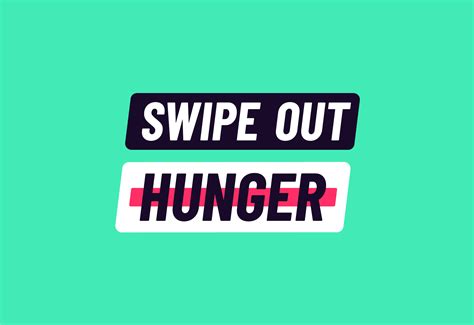It’s time to Swipe Out Hunger

SWIPE out hunger is an student initiative to fight hunger started in California that has expanded nationwide.
November 30, 2022
In an effort to combat food insecurity of students, Simpson College has started a partnership with Swipe Out Hunger.
The program began this semester and allows resident students who run out of boards, as well as commuter students with financial struggles, to still have meals.
The program comes through the district manager of Sodexo, Jeremy O’Neal, who proposed the partnership with Swipe Out Hunger to Matt Hansen, the dean of students, who was eager to help.
“Sodexo learned of this program and wanted to be a good food service provider,” Hansen said. “It is the right thing for our students.”
According to the Swipe Out Hunger website, one in three college students face food insecurity nationally. At Simpson, one reason for students running out of meals is the way the board system works.
“We are aware that by having a block system for boards, it allows people to use boards before the term refreshes,” Hansen said. For some students, this can leave them without meals for multiple weeks.
Working with Swipe Out Hunger was a natural solution for Hansen, who quickly assembled a team to administer the program that included members from all areas of the campus community.
“Traci Pavon in financial aid, Mara Bailey, the chaplain, me, Taylor Keitzer, director of first-year experience, and Hannah Curtis, who is our student chaplain,” Hansen said.
The program is intended to help fill the gap in the block system, as well as assist commuter students who can also apply for free meals.
The program starts with Sodexo donating around 800 meals at the start of a semester. Any student, commuter or resident can then fill out a request form. The request form can be found on SCconnect under the ‘my forms’ tab.
After being filled out, the request goes to financial aid, which verifies that a need exists.
Once the request is approved, the student receives a two-week supply of meal boards that they can use as needed.
Phase two of the program, which is currently being rolled out, allows students with extra boards leftover to donate to the pool of available boards.
Sophomore Hannah Rosenfeld says that she and many of her friends already do similar things with unused boards and that it would be nice to have an easier way to help students with food insecurity.
“My friends and I would just buy the canned Spaghetti-Os and give them to the food pantry in the church,” she said. “It’s easier to donate boards.”
The phenomenon of students buying more food than they need, particularly at the end of the semester, is something Hansen has noticed as well. The program, he hopes, will provide a better purpose for those unused boards.
“This is another neat way to utilize the board plan,” Hansen said.
While Simpson is planning to transition to week-based board plans, the program will continue in the new system, with the pool of available boards rolling over from the Fall to Spring semester.







